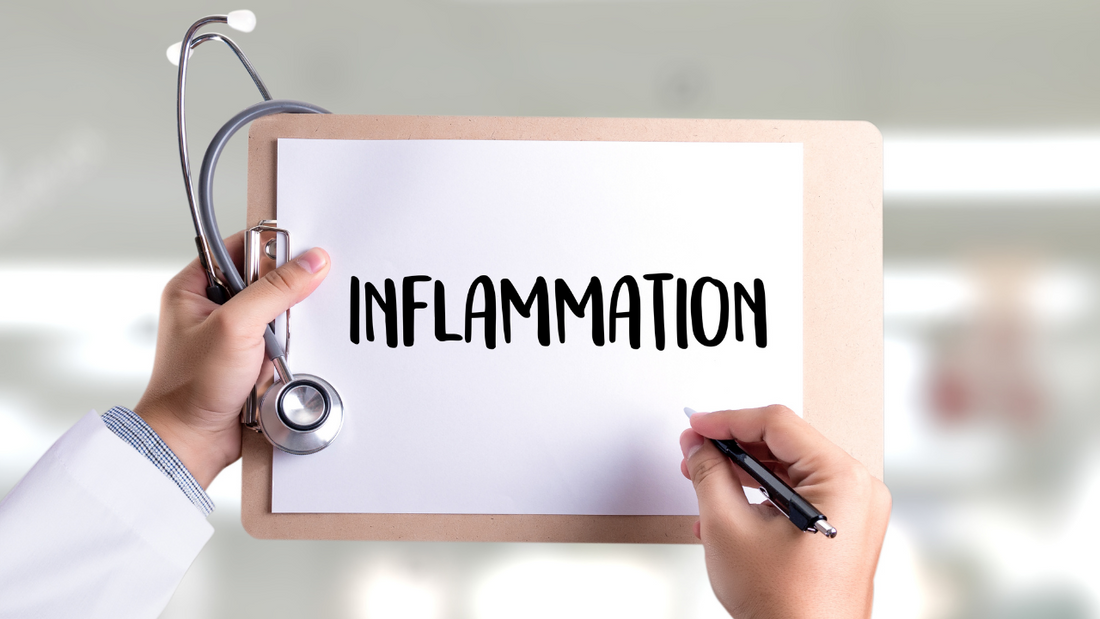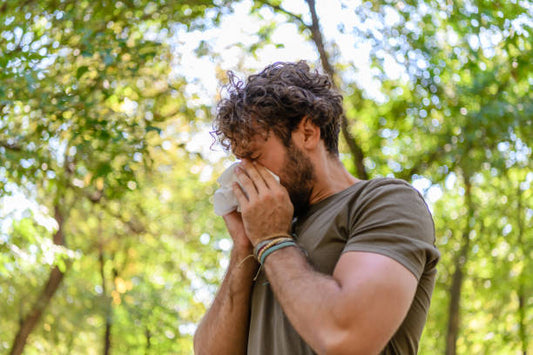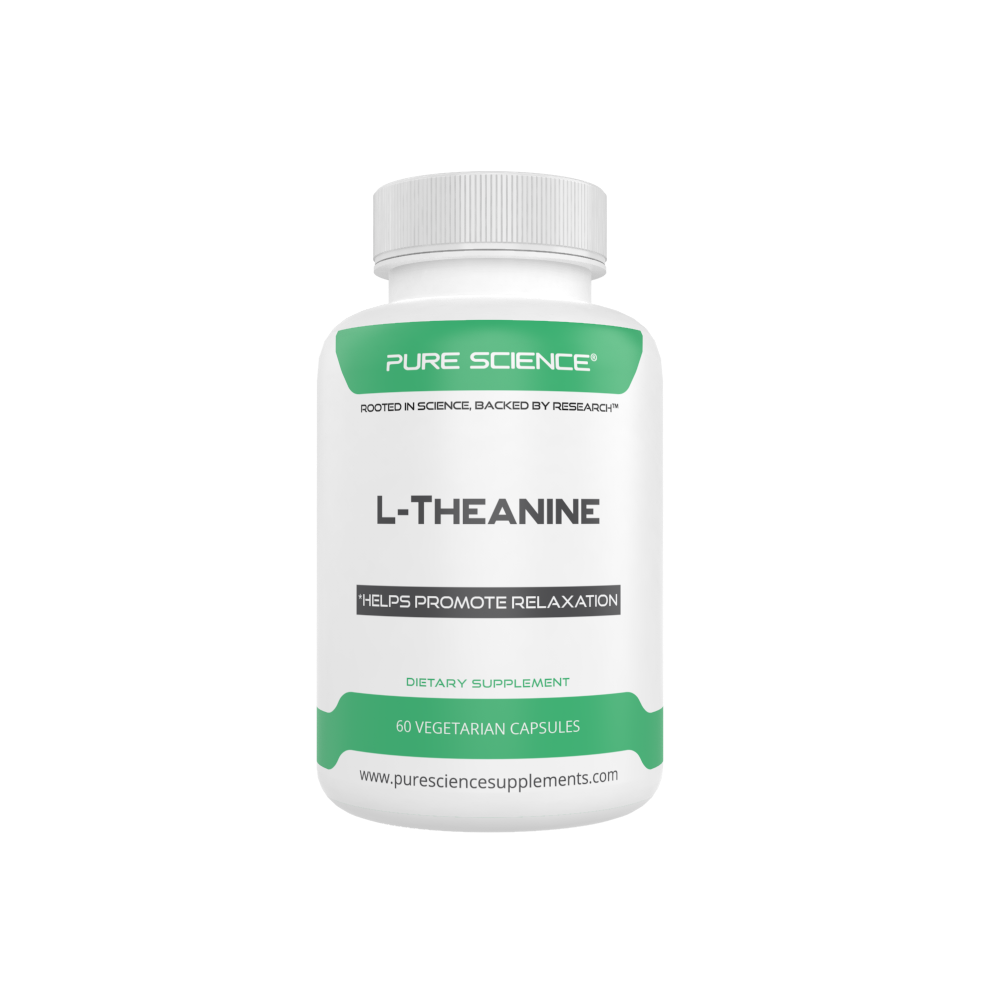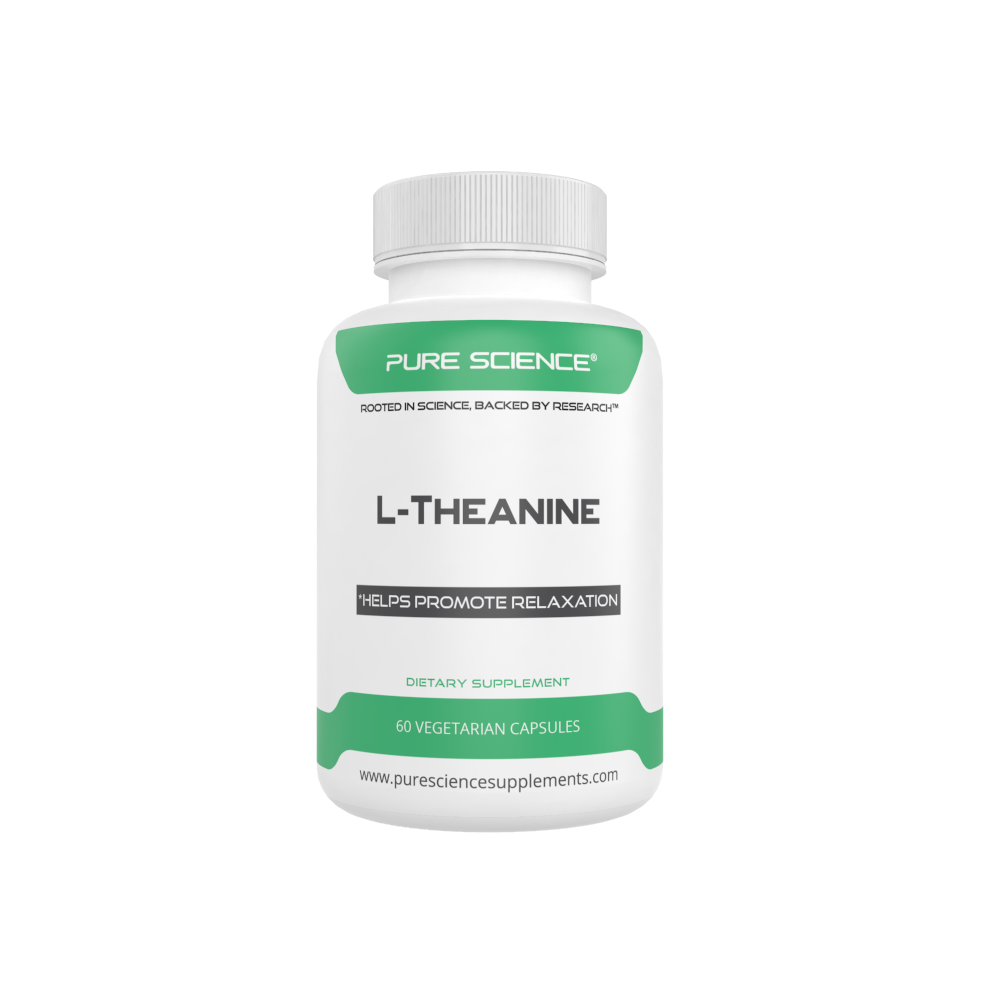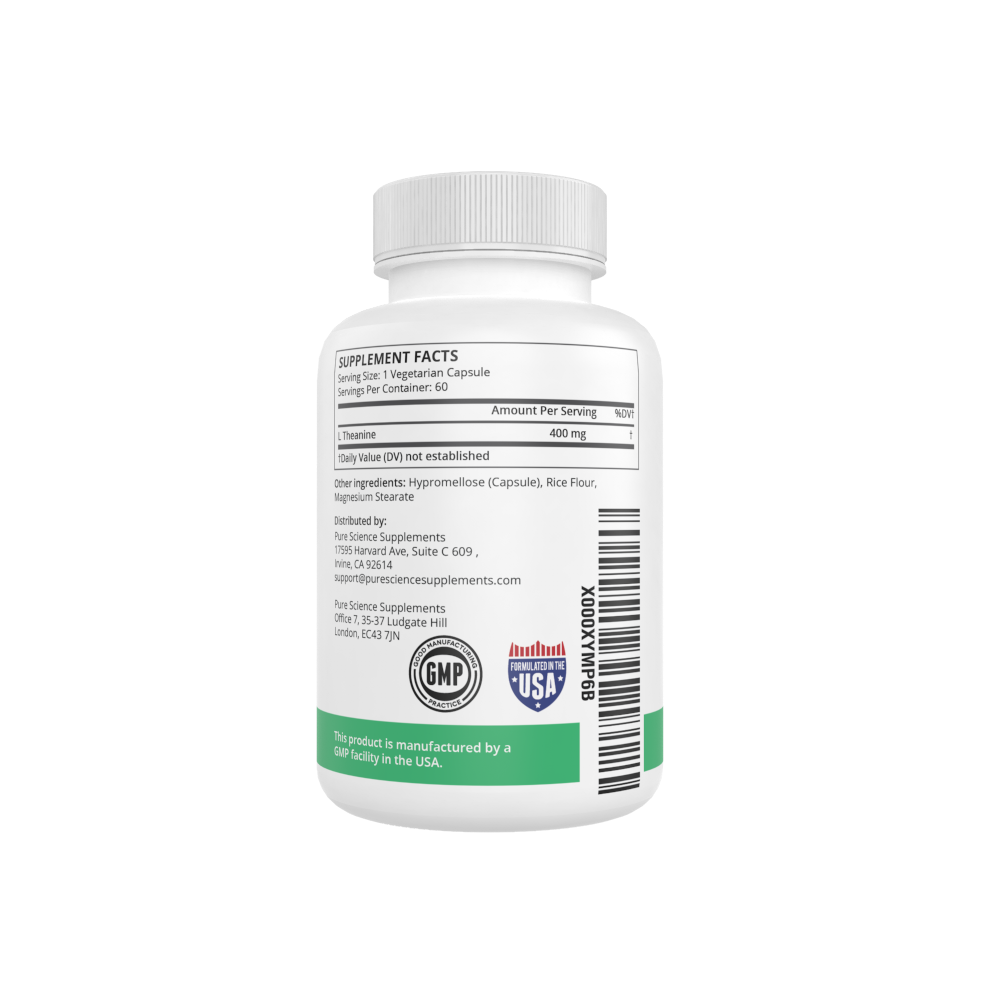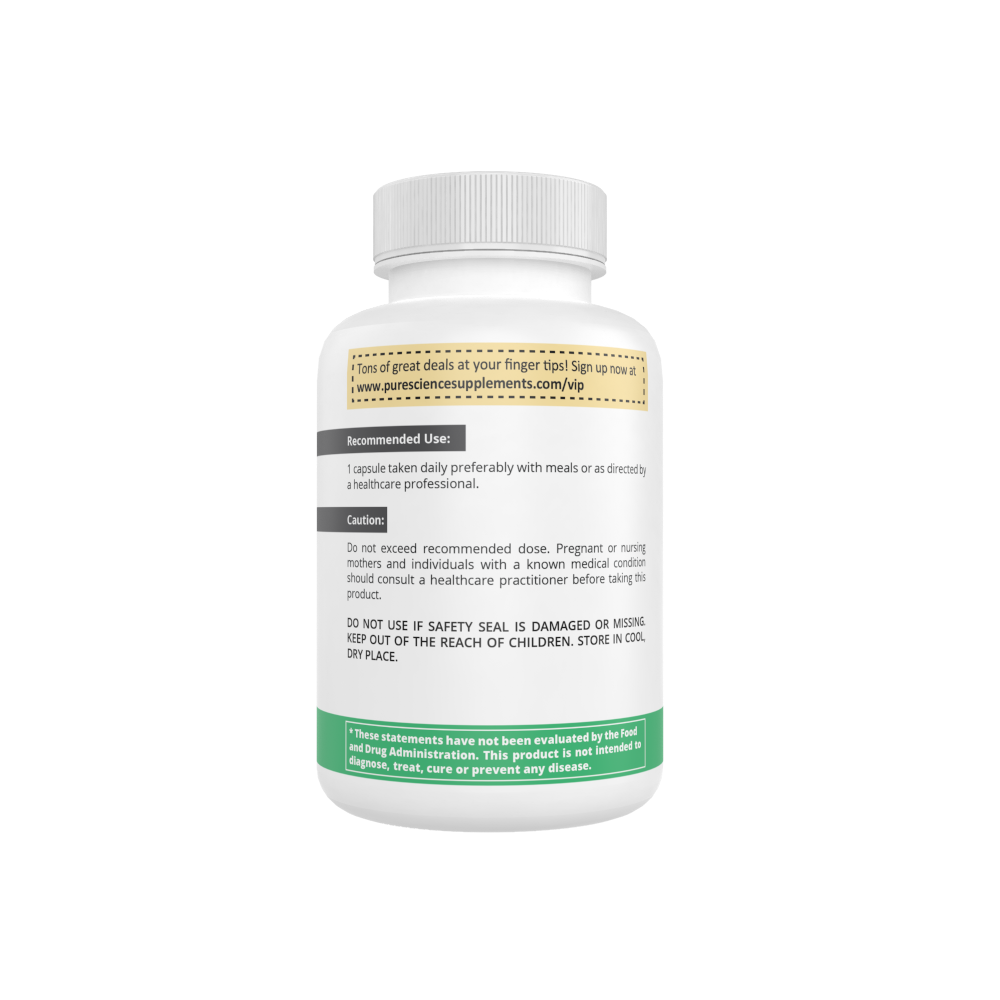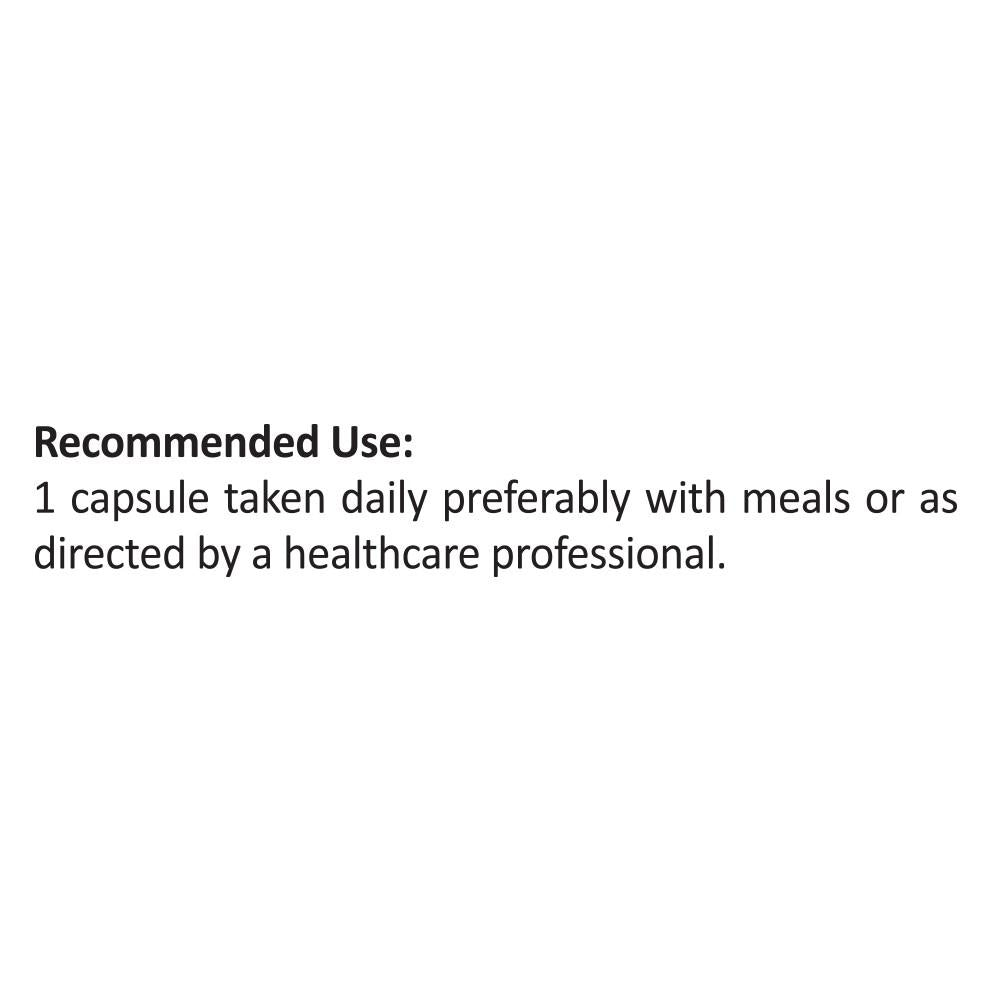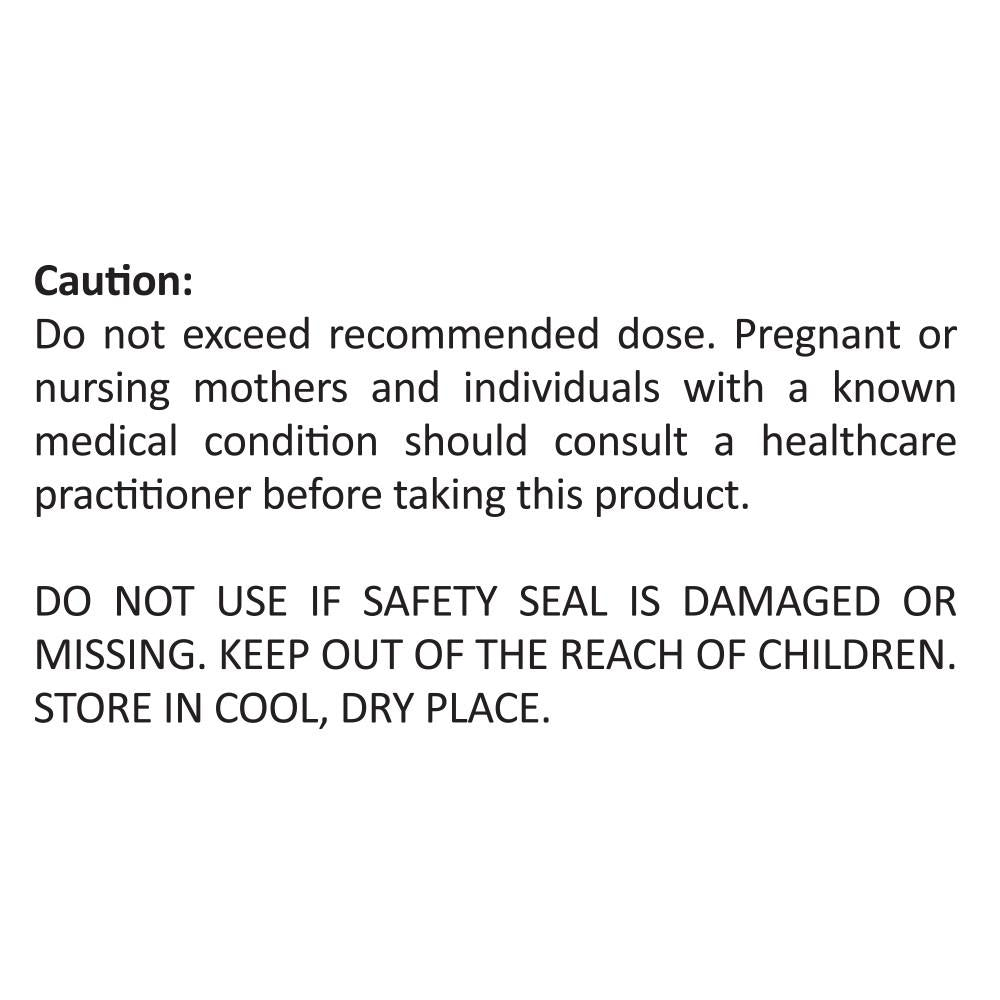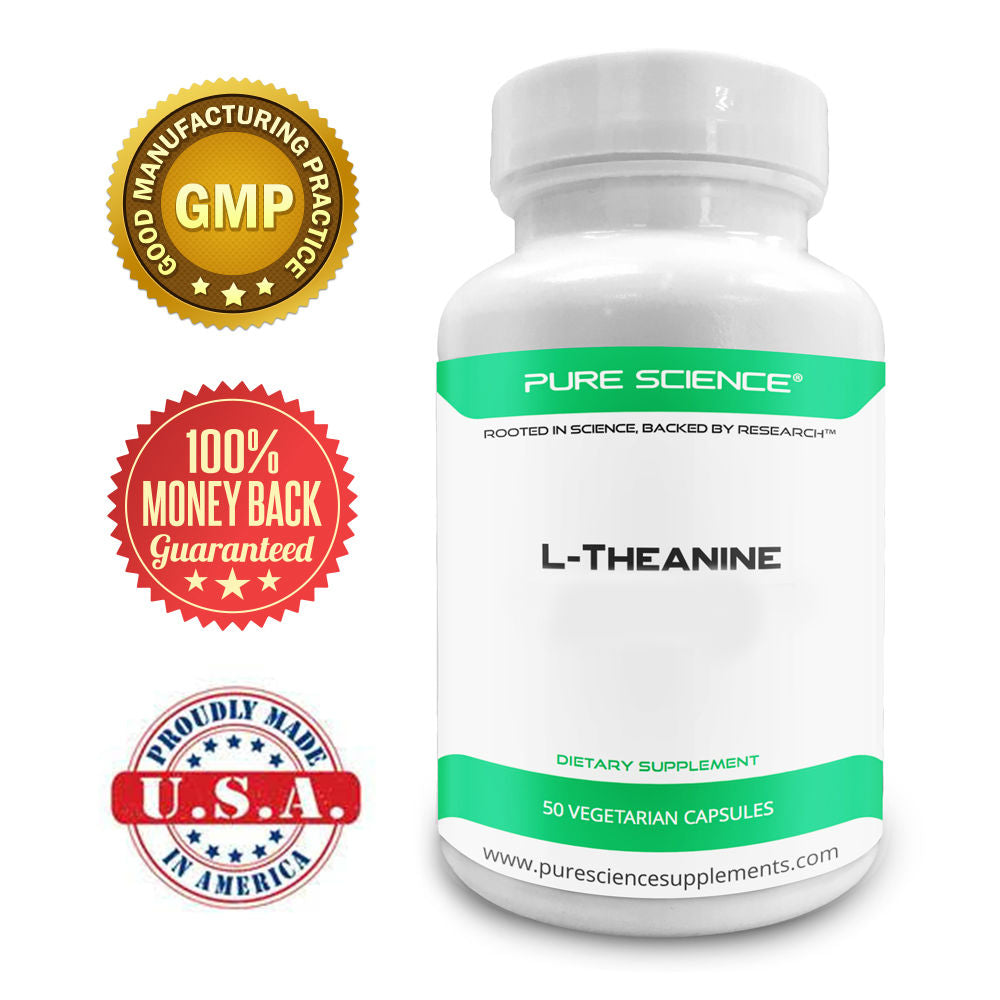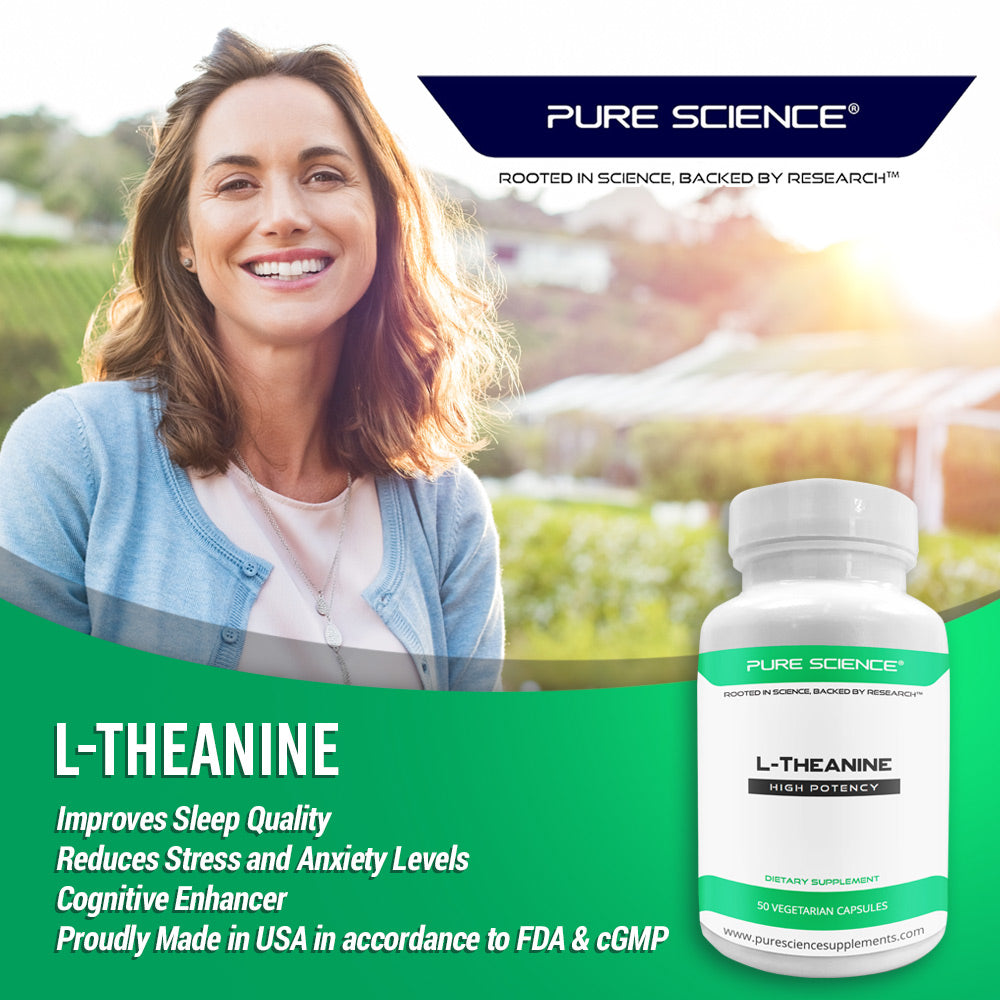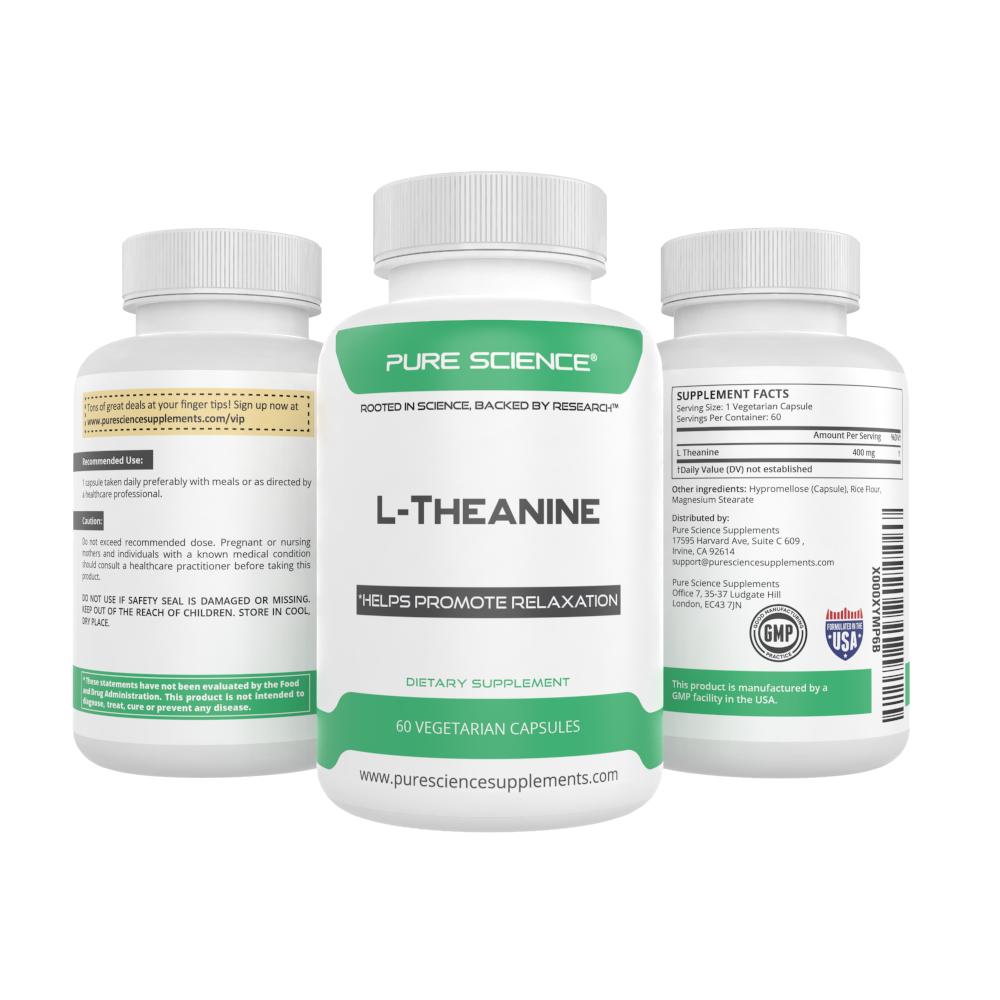Inflammation is the body's natural defense mechanism against injury or infection. The affected area is characterized by pain, swelling, and redness. Chronic inflammation can result in a variety of health problems. Chronic inflammation has been linked to numerous diseases, including cardiovascular disease, diabetes, and even cancer. Depending on the location and cause, the symptoms of chronic inflammation may include joint pain, fatigue, and skin irritation. Many people rely on over-the-counter or prescription medications to treat these symptoms, but L-theanine may be a viable natural alternative. Animal studies indicate that L-theanine, an amino acid found in tea leaves, has anti-inflammatory effects. Although more research is required to fully comprehend its effects on humans, it may be a viable natural treatment for inflammation and its symptoms.
History
L-theanine is a common amino acid found in tea leaves, particularly in green tea. It has been used in traditional medicine for centuries, but only recently have scientists begun to investigate its potential health benefits.

How it works
L-theanine is believed to work by inhibiting the production of pro-inflammatory cytokines, which play a crucial role in the inflammation process. Additionally, it may activate immune cells that reduce inflammation. L-theanine has been shown in animal studies to decrease inflammation in the colon and protect against stroke-induced brain damage. Although these results are encouraging, additional research is required to fully comprehend the mechanisms underlying L-anti-inflammatory theanine's effects in humans. It is also important to note that L-theanine should not be used as a substitute for medical treatment. Consult a healthcare professional for an accurate diagnosis and treatment if you are experiencing chronic inflammation or any other health problems.
Studies and Results
Numerous animal studies have examined the potential anti-inflammatory effects of L-theanine. In one study on mice, L-theanine was found to reduce inflammation in the colon, leading to improvements in colitis symptoms. L-theanine can reduce inflammation in the brain and protect against stroke-induced brain damage, according to a second study on rats. More research is required to fully comprehend the anti-inflammatory effects of L-theanine in humans, but these results are encouraging. It is also important to note that the recommended dosage of L-theanine for its potential anti-inflammatory effects is not yet established, as more research is required to determine a precise dosage. Before beginning any new dietary supplement, including L-theanine, it is essential to consult a healthcare professional.
Recommended Dosage
L-theanine dosage recommendations vary depending on the intended use. For general stress and anxiety relief, a daily dosage of 200 to 400 mg is typically advised. For its potential anti-inflammatory effects, a higher dosage may be required; however, additional research is required to determine the exact dosage. Before beginning any new supplement, including L-theanine, it is vital to consult with a healthcare professional.
Conclusion
L-theanine is an amino acid with potential anti-inflammatory properties. While more research is required to fully comprehend its effects on humans, it may be worth considering as a natural alternative for treating inflammation and its symptoms.
References
- Li, X., et al. (2010). L-Theanine reduces psychological and physiological stress responses. Biol Psychol, 84(1), 39-45.
- Kim, Y., et al. (2016). L-Theanine attenuates brain damage and improves functional recovery following stroke in rats. J Nutr Biochem, 27, 57-65.
- Wang, J., et al. (2012). L-Theanine, a natural constituent in tea, and its effect on mental state. Asia Pac J Clin Nutr, 21(S1), 167-168.

